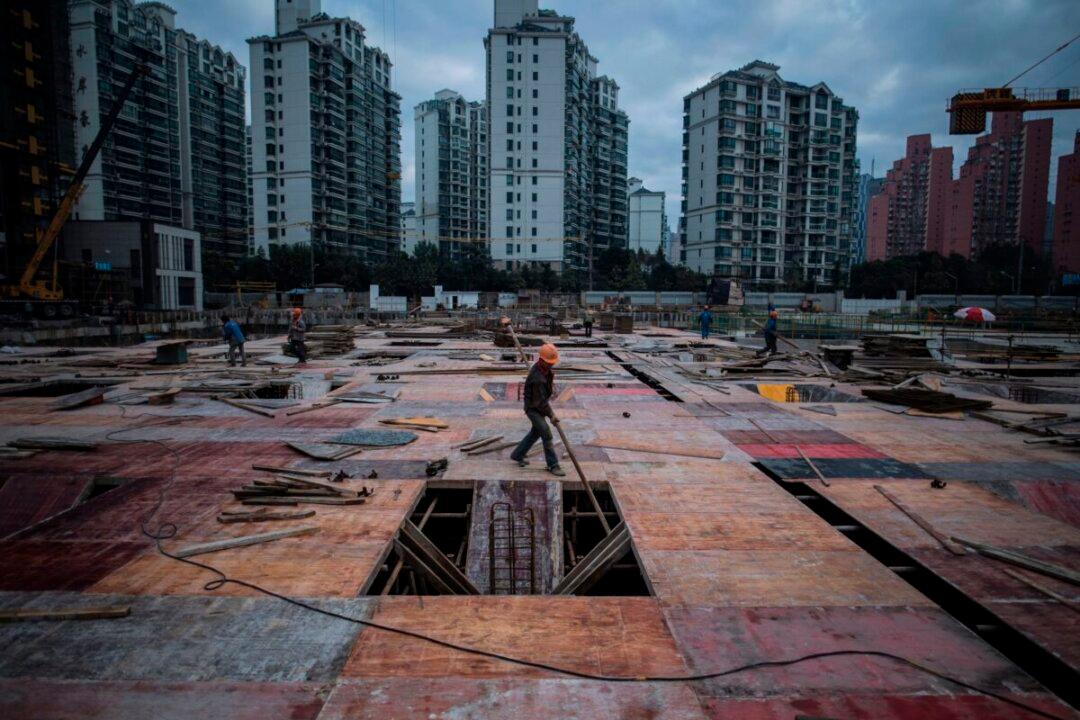News Analysis
Chinese enterprise CIFI Holdings (00884.HK) recently announced that it had suspended all foreign debt payments due to deteriorating cash flow but would repay domestic debts to maintain domestic financing. This may indicate that Chinese firms are now cutting off their international capital ties amid tightened policies and turning to domestic investment to survive.





